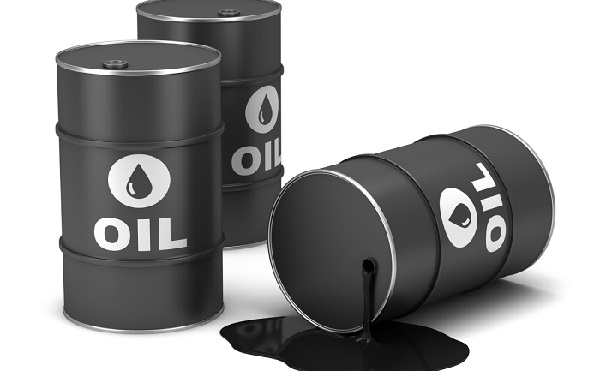
The Ghana Heritage Fund: To save or to spend?
The Ghana Heritage Fund (GHF) was created under the Petroleum Revenue Management Act (PRMA) (Act 815), 2011, to set aside a portion of petroleum revenue for the benefit of future generations. The GHF is fashioned largely on the Norwegian-type sovereign fund model.
It takes about nine per cent of the total petroleum revenue and is largely invested in financial instruments abroad.
The debate on whether to save the GHF as originally envisaged or spend it, has, unsurprisingly, resurfaced. Last year or so, when the government was struggling to balance the budget in the face of depressed oil prices, which had dented revenue, the idea of using part of the GHF to fund the budget was mooted in official circles.
The suggestion generated a heated debate and did not see the light of day. Instead, the budget was financed by more borrowing. But at what cost—one may ask? In recent weeks, key government officials are reported to have expressed contrasting views on using part of the GHF to finance planned programmes, particularly the free SHS programme. Once again, the public have expressed strong and passionate views on the subject.
The ‘save’ argument
Those who support the “save” argument reiterate the original purpose of the GHF as being for the benefit of future generations. To them, because oil is a depletable resource, we need to save part of it to cater for generations in the future when the resource will become no more. The framers of the PRMA—and those supporting the original purpose of the GHF—seem minded by the fact that the GHF could be spent unwisely today or that it could be diverted for private gain to the detriment of future generations.
While the foregoing arguments may sound valid, equally cogent arguments can be made in support of spending the GHF resources today. Investing the fund in non-financial assets such as human capital and infrastructure could be superior to saving it in financial instruments. This is because these investments will support economic growth and create durable wealth that will benefit both current and future generations.
After all, some countries that have no natural resources at all such as Switzerland and Japan have used their developed human capital and advanced technology to propel them to first-world status for the benefit of their current and future generations. Therefore, if we have to use part of our natural resource to develop our human capital and infrastructure today that could help us to accelerate our growth and development, why not? That could benefit future generations even more than the planned financial savings.
As a matter of fact, the current Ghanaian generation—many of whom were unborn in the 60’s and were then regarded as future generations—are benefiting from investments made at the time in human capital (through the establishment of various educational institutions) and physical capital (such as the Akosombo Dam, Tema Harbour, Accra-Tema Motorway and numerous strategic industries).
Investment decisions
The returns on the GHF investments in financial instruments abroad have been exceedingly low. Meanwhile, the government borrows on international markets at very high rates. The question that arises is whether it makes economic sense to invest your own resources in low-return assets while you turn around to borrow at relatively high financial costs. Could the Fund not be invested in long-term government bonds at rates agreed with the Investment Advisory Committee (IAC) set up under the PRMA to meet part of budget financing needs? This will certainly save the nation money by reducing borrowing abroad at prohibitive interest rates. It will also reduce government borrowing from the domestic market, which will allow interest rates to come down and also reduce crowding-out of the private sector.
The opportunity cost of the GHF in its current form is undoubtedly high, as we otherwise have to forego investments in human and physical capital (that could propel the country to a higher growth and development trajectory) and lower government borrowing costs. Being nine per cent of revenue from oil output, which is currently low, the current value of the GHF may not be substantial. However, as more oil is discovered, the value will grow and the decision to save or spend it will have profound implications for our development and progress. This debate is ,therefore, of immense national importance and should be carried to its logical conclusion which could culminate in the necessary amendments to the PRMA.
The writer is an economist and Director of Research of the Institute for Fiscal Studies (
